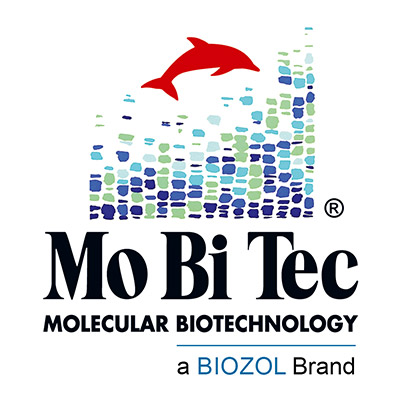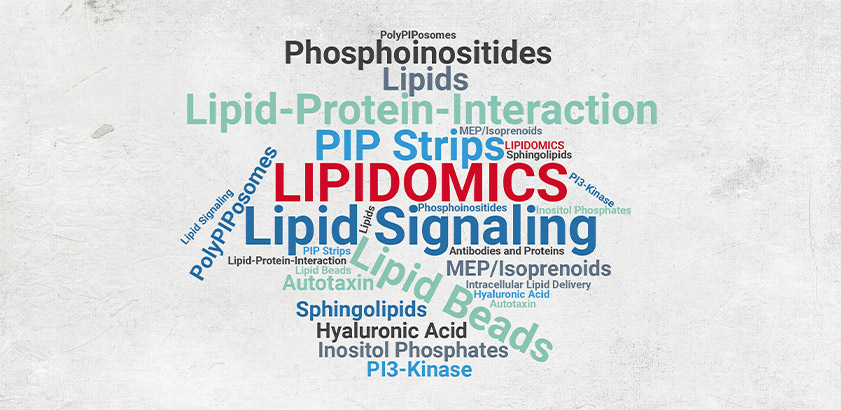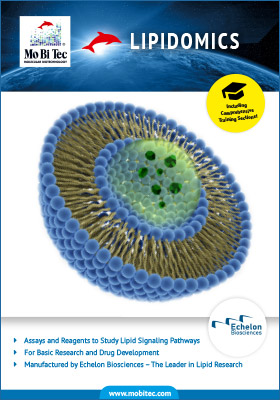No results were found for the filter!

PIP Strips - Lipid-Protein Interaction Assay (Echelon Product Code: P-6001 2PK)
Order #: ECH-P-6001-2PK

PIP Strips - Lipid-Protein Interaction Assay (Echelon Product Code: P-6001 10PK)
Order #: ECH-P-6001-10PK

Membrane Lipid Strips - Lipid-Protein Interaction Assay (Echelon Product Code: P-6002 2PK)
Order #: ECH-P-6002-2PK

Membrane Lipid Strips - Lipid-Protein Interaction Assay (Echelon Product Code: P-6002 10PK)
Order #: ECH-P-6002-10PK

Membrane Lipid Arrays (Echelon Product Code: P-6003 2PK)
Order #: ECH-P-6003-2PK

Membrane Lipid Arrays (Echelon Product Code: P-6003 5PK)
Order #: ECH-P-6003-5PK

PIP Array - Lipid-Protein Interaction Assay (Echelon Product Code: P-6100 2PK)
Order #: ECH-P-6100-2PK

PIP Array - Lipid-Protein Interaction Assay (Echelon Product Code: P-6100 5PK)
Order #: ECH-P-6100-5PK

Custom Lipid Array Strip (Echelon Product Code: P-6111 30PK)
Order #: ECH-P-6111-30PK

Sphingo Strips - Lipid-Protein Interaction Assay (Echelon Product Code: S-6000 2PK)
Order #: ECH-S-6000-2PK

Sphingo Strips - Lipid-Protein Interaction Assay (Echelon Product Code: S-6000 10PK)
Order #: ECH-S-6000-10PK

Sphingo Arrays - Lipid-Protein Interaction Assay (Echelon Product Code: S-6001 2PK)
Order #: ECH-S-6001-2PK
Viewed
*All prices in € excl. VAT and shipping



